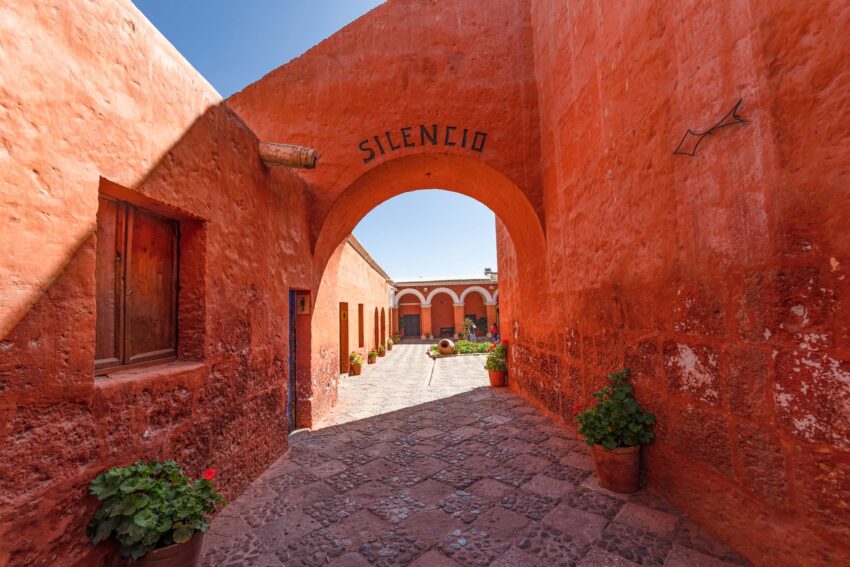In recent years, there has been a resurgence of interest in the relationship between psychedelics and spirituality. This renewed curiosity has led to an abundance of research and exploration into how these substances can facilitate mystical experiences, transcendent states, and even an increased sense of oneness with the universe. In this article, we will examine the spiritual significance of these profound experiences and discuss the potential ethical implications of incorporating psychedelics in religious and spiritual practice.
Ancient cultures have long recognized the potential for psychedelics to facilitate mystical experiences and to bring about a deeper understanding of the self and the universe. Indigenous cultures in the Americas have been using substances like peyote and ayahuasca in religious ceremonies for centuries, as they believe the plants can help them connect with a spiritual realm. In contemporary Western society, the 1960s counterculture movement brought about a resurgence of interest in psychedelics and their capacity to facilitate transcendent states of consciousness. Today, many are once again recognizing the potential for these substances to serve as tools for spiritual growth and personal transformation.
One of the most significant elements of the psychedelic experience is that of ego dissolution. According to Stanislav Grof, a renowned psychiatrist and leading researcher in the field of psychedelic therapy, ego dissolution is a process in which one loses their sense of self and experiences a temporary breakdown of the ego structure. This can lead to a feeling of being at one with all things—known as a state of “oneness” or “unity consciousness.” Such experiences often lead to profound insights into the nature of reality and can dramatically shift one’s perspective on life, instilling a newfound sense of purpose and appreciation for existence – an ineffable essence of “joie de vivre”.
Researchers at Johns Hopkins University have conducted a series of studies examining the relationship between psychedelics and mystical experiences. One study found that participants who took a high dose of psilocybin, the active ingredient in magic mushrooms, reported experiencing profoundly meaningful and spiritually significant experiences. These findings are echoed in other research on ayahuasca, a powerful Amazonian plant brew used by indigenous shamans in spiritual rituals, which has been found to induce experiences of oneness, self-realization, and a sense of a divine nature within. The potential for psychedelics to facilitate these experiences is not only fascinating from a scientific perspective but also holds important implications for the broader understanding of spirituality.
The use of psychedelics is not without controversy, particularly when it comes to the intersection of spirituality and religion. Critics of the incorporation of psychedelics into religious and spiritual practices argue that these substances can lead to false or superficial experiences of spirituality. Some religious scholars argue that mystical experiences should be attained through more traditional means such as prayer, meditation, and adherence to religious teachings. However, proponents of the therapeutic and transformative potential of psychedelics maintain that these experiences are not inherently frivolous or superficial, but rather can hold deep spiritual significance as well as offer a unique and profound perspective on the nature of the self and reality.
Irrespective of one’s stance on the place of psychedelics within spiritual practice, it is clear that these substances have the capacity to induce profound and transformative experiences. As researchers continue to explore the potential of psychedelics for healing, personal growth, and spiritual exploration, it will be increasingly important to consider the ethical implications of their use. As religious scholar Huston Smith wrote in his seminal 1964 text, “Religions, Values, and Peak Experiences,” the purpose of spiritual practices is not merely to induce peak experiences but to “make those experiences permanent.” Ensuring that the insights and growth obtained through psychedelic experiences can be integrated into an individual’s spiritual framework and daily life will be integral to the responsible and ethical incorporation of these substances in religious and spiritual contexts.
In conclusion, the relationship between psychedelics and spirituality is a complex and fascinating exploration that is only just beginning. As scientific understanding of these substances and their effects on the human psyche continues to evolve, the potential applications for spiritual growth and mystical experiences become more apparent. Alongside this newfound understanding should come a commitment to ethical exploration and responsible integration, ensuring that the powerful insights and transformative potential of psychedelics can be harnessed effectively and responsibly.
Sources:
Johns Hopkins Study on Psilocybin and Mystical Experiences
Research on Ayahuasca and Mystical Experiences
Huston Smith’s “Religions, Values, and Peak Experiences”
